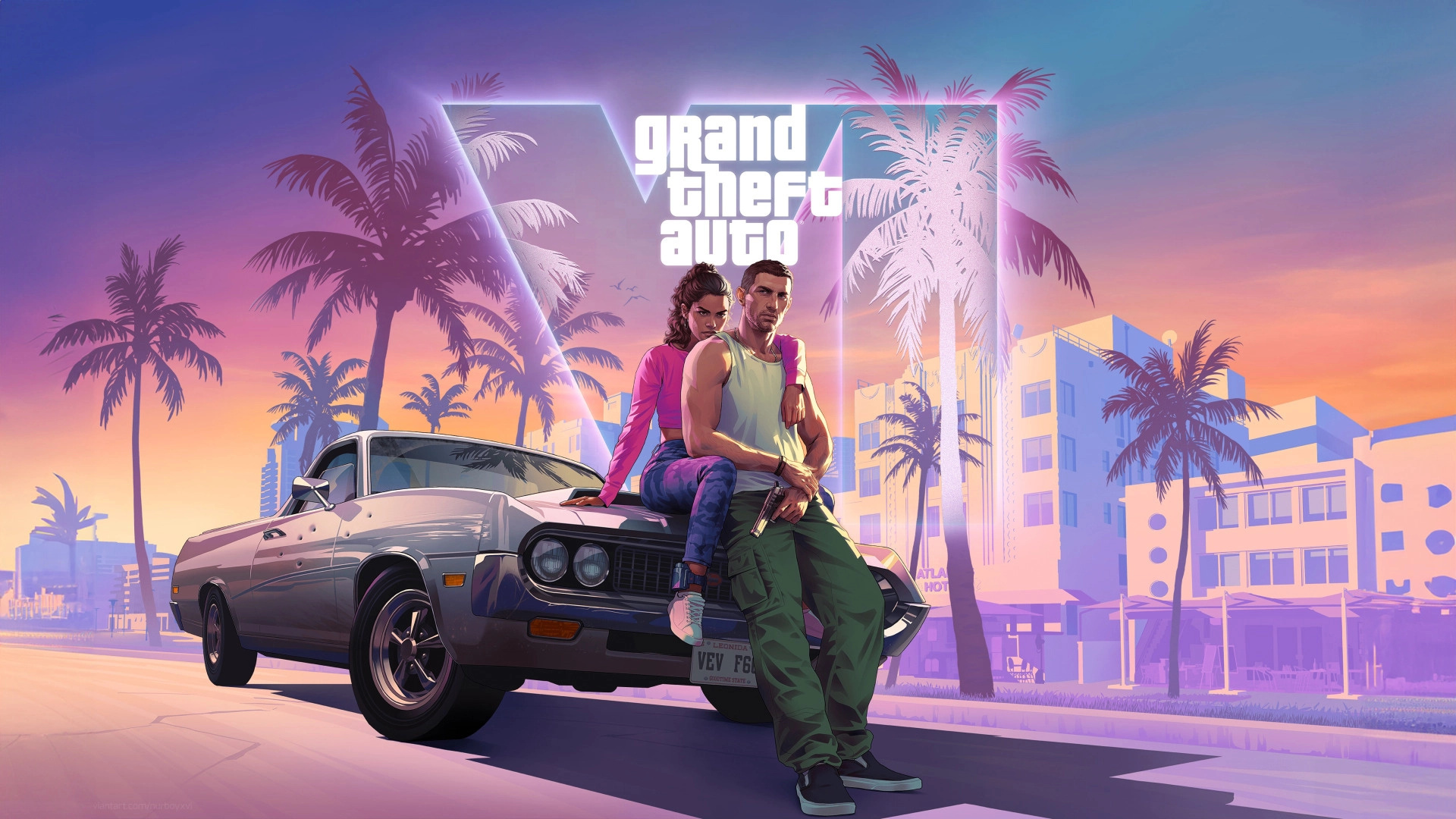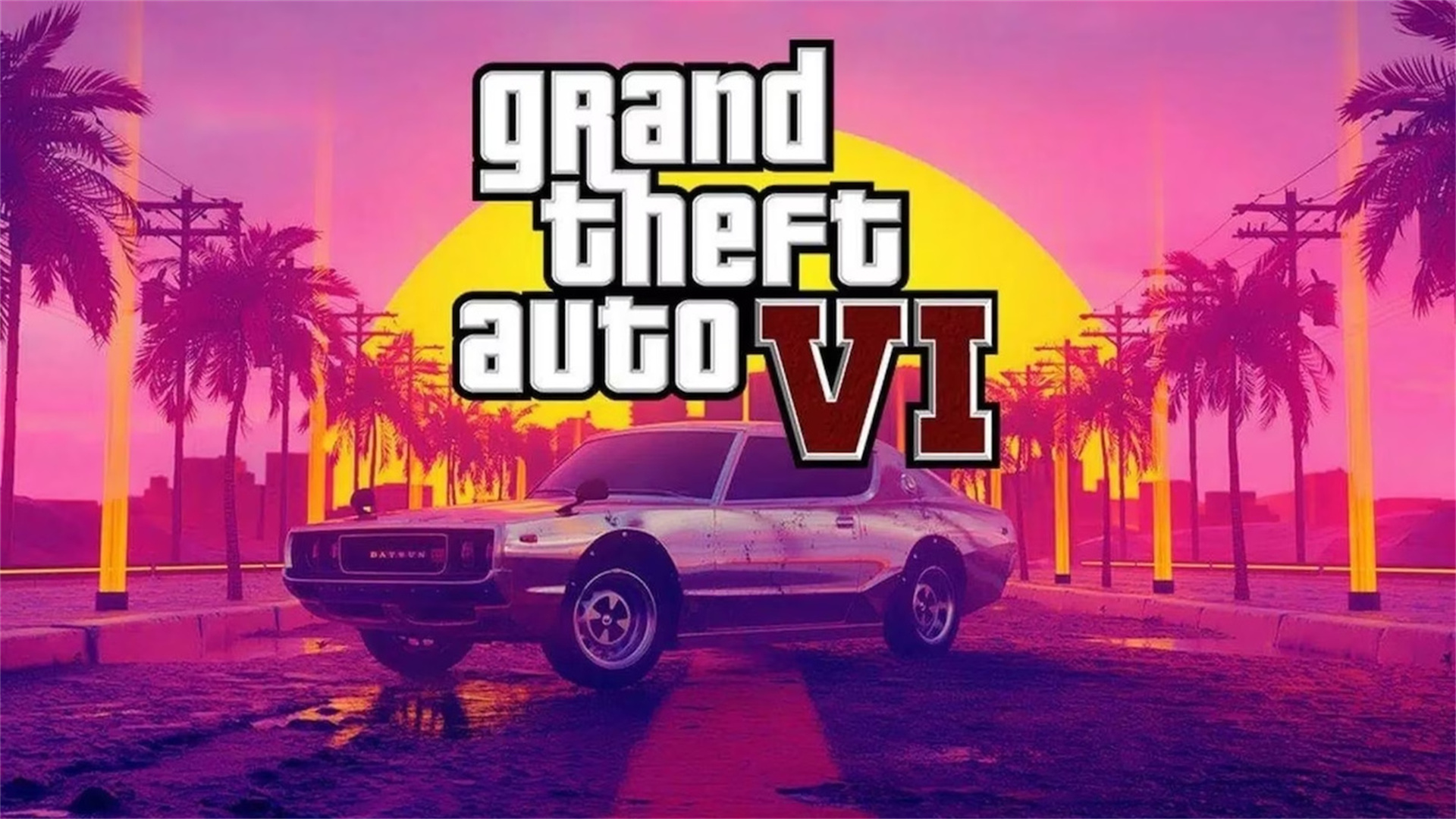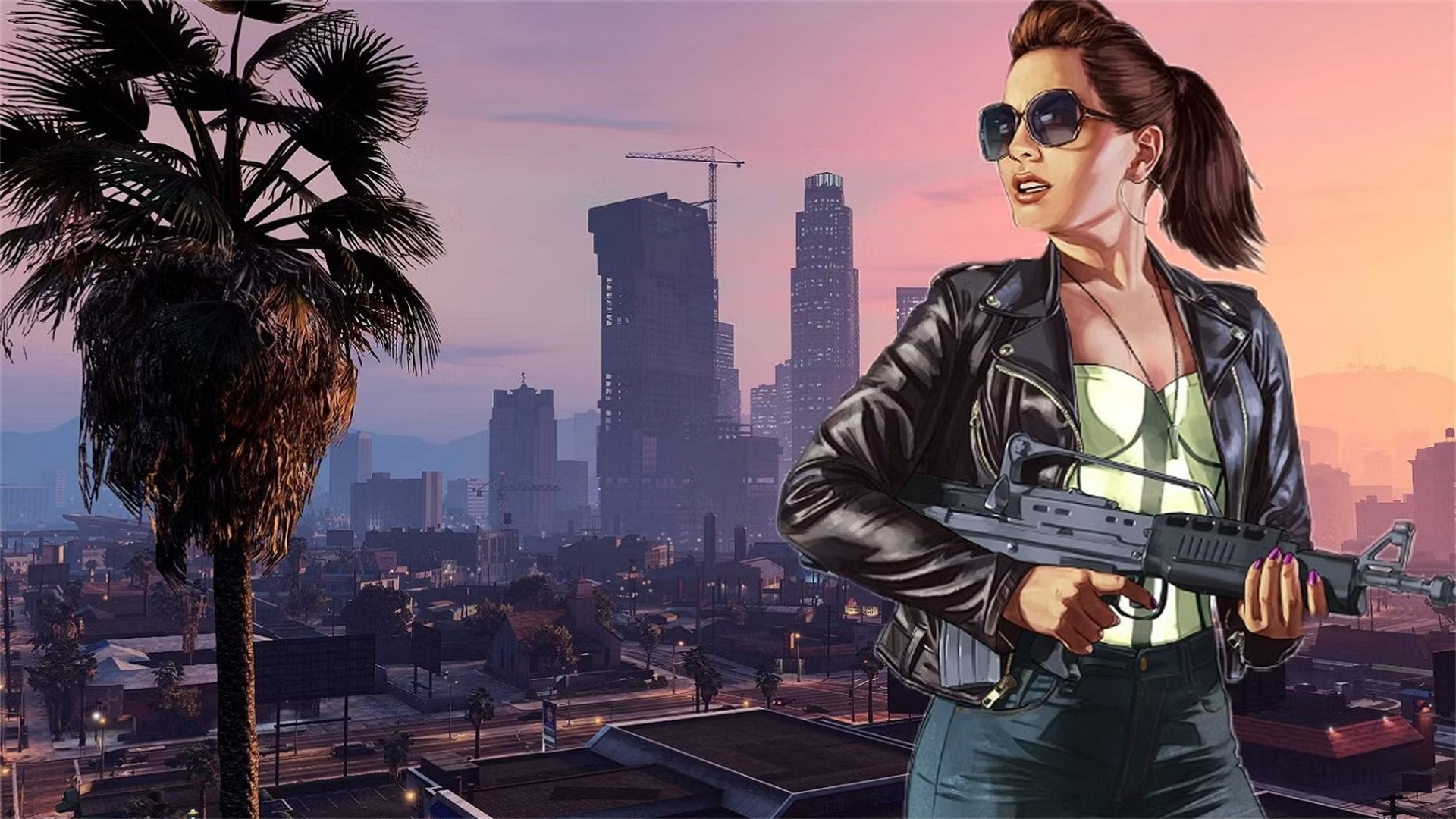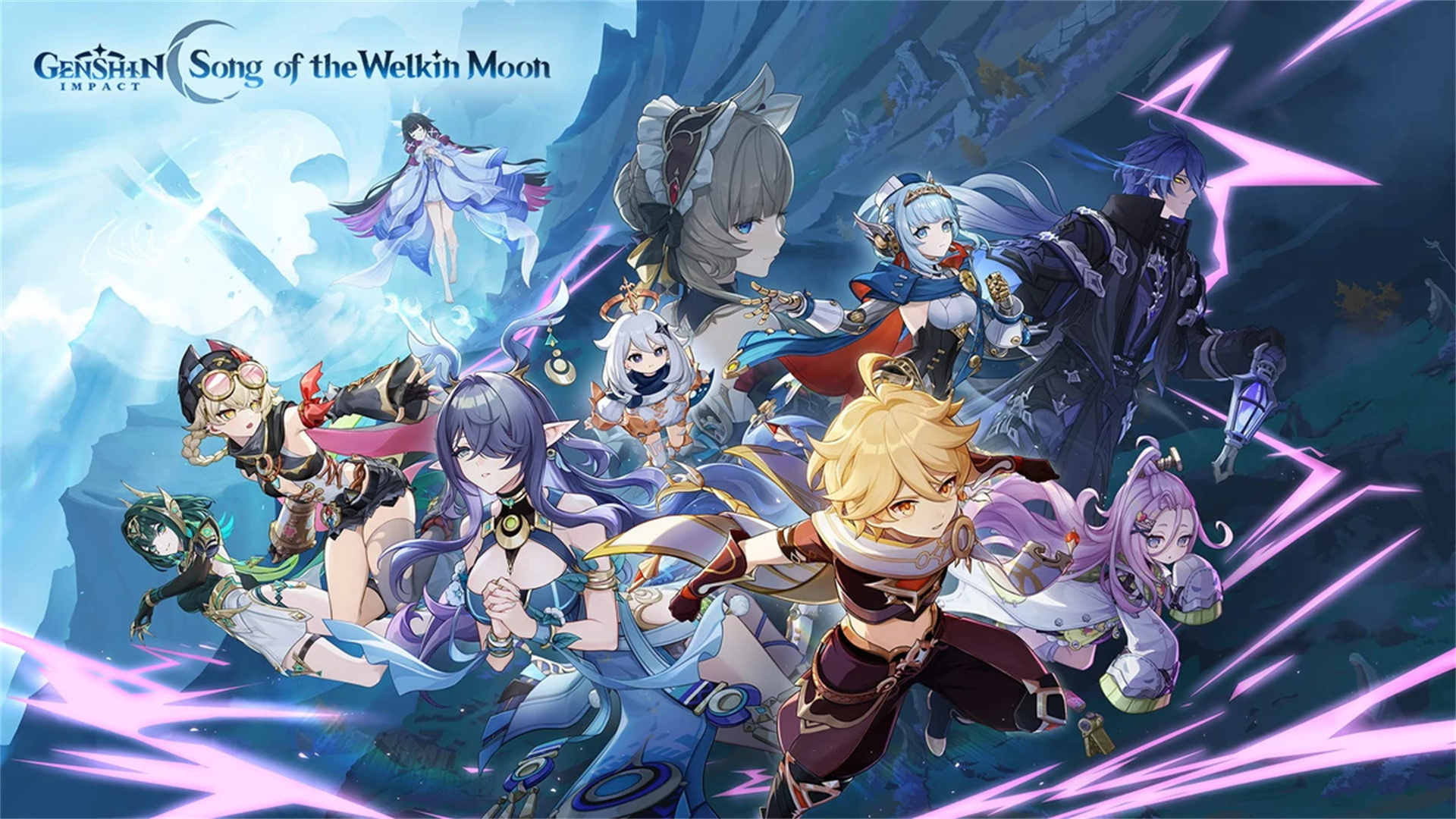Unveiling the Social Realism in Grand Theft Auto VI
Grand Theft Auto VI (GTA VI) transcends the realm of a mere open - world extravaganza; it serves as a looking - glass, revealing the moral, cultural, and psychological rifts of contemporary existence. Rockstar Games' forthcoming masterpiece is poised to deliver a narrative with greater depth and a more incisive societal critique than any of its forerunners. This piece will delve into the moral realism and social commentary concealed beneath GTA VI's glitzy facade, examining how it lays bare the contradictions within capitalism, identity, and justice. Instead of focusing on gameplay mechanics or walkthroughs, we'll concentrate on the game's narrative philosophy and its insights into humanity in the digital era.

1. The Resurgence of Vice City: The Setting as a Societal Mirror
The return of Vice City in GTA VI is far more than a nostalgic callback; it's a philosophical statement. The city's neon - lit skyline and dilapidated suburbs embody two conflicting interpretations of the American Dream. On one hand, wealth and allure are embodied by towering skyscrapers and the opulent mansions of celebrities. On the other, working - class neighborhoods are mired in debt, crime, and corruption. This duality transforms Vice City into a living, breathing entity, not just a static backdrop.
The design ethos appears to be centered around immersing players in contradiction. Luxury and decay coexist side by side, and every street narrates a moral tale. Players might walk past a billboard promising a life of success, only to witness a homeless person rummaging through trash in a nearby alley. Rockstar doesn't simply present disparity; it forces players to live within it.
The Geography of Power
Each building in Vice City is a symbol of power distribution. Corporate behemoths stretch towards the heavens, while residential slums sprawl horizontally. This stark contrast illustrates how the very layout of space reinforces class hierarchies, offering a subtle yet powerful critique of modern capitalism.
2. Dual Protagonists: Lucia and Jason as Ethical Counterpoints
Unlike previous installments, GTA VI is said to revolve around two main characters—Lucia and Jason. Their dynamic relationship mirrors the complex social realities we face: love in the face of capitalism, loyalty under immense pressure, and morality amidst chaos. Lucia, a Latina woman navigating systemic inequality, stands in sharp contrast to Jason, whose charm masks a moral ambiguity.
This duality isn't just a narrative device; it's a psychological exploration. Lucia represents the ethics of survival; Jason embodies a pragmatic lack of morality. Together, they pose the question: is morality a luxury or a necessity in a corrupt system? Their criminal actions are not glamorized but rather placed in context as responses to institutional decay.
Gender - Driven Narratives and Power Dynamics
Lucia's presence marks a significant shift in the GTA series. Her story arc challenges the traditional male - dominated crime fiction. Instead of being a secondary character or an object of desire, she symbolizes resistance—an anti - heroine making her way through the patriarchy that permeates both the criminal underworld and society at large.

3. Economic Turmoil and the Redefined American Dream
The economic landscape in GTA VI is said to mirror the post - pandemic instability, the cryptocurrency craze, and the housing crisis. Through this digital reflection, Rockstar takes a critical look at the illusion of economic opportunity in modern America. Every mission, deal, or heist becomes a metaphor for survival in a rigged system.
The American Dream, once built on hard work and aspiration, now seems to hinge on speculation and deception. Players may find themselves involved in crypto scams or real - estate flipping—activities that blur the line between legality and criminality, echoing the real - world systems of exploitation.
Satire and Systemic Inequality
Rockstar's satirical edge remains sharp. Advertisements mocking self - help gurus or tech moguls expose the commodification of hope. The satire in GTA VI isn't just for laughs; it's a form of social analysis dressed up as absurdity.
4. Surveillance, Social Media, and the Erosion of Privacy
One of the most highly anticipated themes in GTA VI is digital surveillance. In a world dominated by smartphones, every action can be recorded, sold, or manipulated. Rockstar incorporates this sense of paranoia directly into the gameplay: crimes might be caught on livestream, spread through gossip networks, or posted on platforms similar to Lifeinvader.
This isn't just about creating an immersive world; it's a form of commentary. Players will face the consequences of living in a society where identity is a commodity and privacy is a myth. Even morality becomes performative, as citizens broadcast their virtue while hiding their vices.
Identity in the Algorithm - Driven Era
The game's satire of social media targets how digital culture shapes our self - perception. By forcing characters to manage their public image, Rockstar critiques the modern obsession with visibility—where being seen is more important than being good.
5. Crime as Capital: The Political Economy of Violence
Violence in GTA VI isn't random; it's systemic. The game portrays crime as both a symptom and a result of capitalist exploitation. When the legal system serves only the elite, crime becomes the working class's response to powerlessness. Rockstar blurs the moral line between rebellion and survival.
Each act of violence becomes a social transaction. Robberies, smuggling, or cybercrime are presented as forms of labor—desperate entrepreneurship in a broken market. By framing violence in economic terms, GTA VI exposes the moral bankruptcy of modern capitalism.
The Sociology of the Informal Economy
The street economy functions as an informal market network. Through its representation, Rockstar highlights how institutional failure gives rise to shadow economies. The player, in turn, becomes both a participant and a critic of systemic corruption.

6. Law Enforcement and the Facade of Justice
Police and federal agents in GTA VI aren't moral paragons; they're extensions of the same corrupt system. Their selective enforcement exposes institutional hypocrisy: corporations can commit mass fraud with impunity, while the poor are punished for crimes of survival.
Rockstar uses satire and realism to blur the lines between justice and oppression. Police drones, militarized raids, and racial profiling mechanics transform law enforcement into a metaphor for structural control.
Ethics in a Surveillance State
By simulating a police state, GTA VI challenges players to question authority. Every chase scene and investigation becomes an allegory for societal control—how laws are designed not to protect morality, but property.
7. The Psychology of Power and Alienation
Beneath the criminal chaos of GTA VI lies an exploration of alienation—the psychological toll of living in a society that prioritizes profit over purpose. The protagonists' emotional detachment mirrors the real - world epidemic of disconnection in the digital age.
The constant pursuit of wealth leaves characters feeling empty. Rockstar's narrative invites players to experience this emptiness, asking: when everything is a transaction, what remains of our humanity?
The Existential Treadmill
Even achieving success in GTA VI feels pointless. Mansions, cars, and status symbols become symbols of exhaustion. The endless cycle of crime mirrors the capitalist labor cycle—where work never ends and satisfaction never arrives.
8. Media, Politics, and the Construction of Reality
Rockstar has always used parody news networks and talk shows, but GTA VI takes this to a whole new level with full - scale media warfare. Fake news, political polarization, and propaganda dominate Vice City's information landscape.
By manipulating media perception, Rockstar questions how truth functions in a post - fact society. Every broadcast is biased, every source corrupted, echoing the digital chaos of modern news culture.
The Theater of Modern Democracy
Political campaigns and social movements within the game reflect manipulation rather than idealism. Activism becomes a branding exercise, and outrage becomes entertainment—an unsettling reflection of real - world politics.

9. The Player's Role: Moral Engagement and Guilt
The brilliance of GTA VI lies in implicating the player. Every action—no matter how seemingly justified—reveals the player's complicity in systemic violence. The game turns entertainment into an ethical confrontation.
Players can't hide behind the narrative distance; their choices actively sustain the world's corruption. Rockstar uses this dynamic to challenge our desensitization to digital violence and moral compromise.
The Illusion of True Choice
While missions may offer multiple outcomes, the overall structure ensures that all paths reinforce systemic power. This creates a philosophical tension: freedom exists, but only within pre - determined systems—mirroring the real - life constraints we face.
10. Redemption, Introspection, and the Human Condition
In the end, GTA VI is less about crime and more about self - awareness. Lucia and Jason's arcs question whether redemption is possible in a world built on exploitation. Their quest for escape—through love, wealth, or rebellion—becomes a metaphor for humanity's search for meaning.
The narrative suggests that true liberation may not come from power, but from awareness. By confronting systemic hypocrisy and moral fatigue, GTA VI transcends the crime genre and becomes a form of social literature.
The Enduring Legacy of Moral Realism
GTA VI continues Rockstar's tradition of transforming digital worlds into moral laboratories. It challenges not only what we play, but also why we play—and whether entertainment can uncover uncomfortable truths about who we are.
Conclusion
Grand Theft Auto VI is on track to be more than just a game; it's a cultural critique masked as chaos. Through its world, characters, and moral dilemmas, Rockstar dissects modern society with unflinching realism. It poses difficult questions about power, justice, and human desire, using satire and narrative depth to reveal uncomfortable truths. Far from glorifying crime, GTA VI holds up a mirror to our fragmented civilization, reflecting both its beauty and its corruption. In doing so, it secures its place not only in gaming history but also in the ongoing dialogue about ethics in the modern age.






